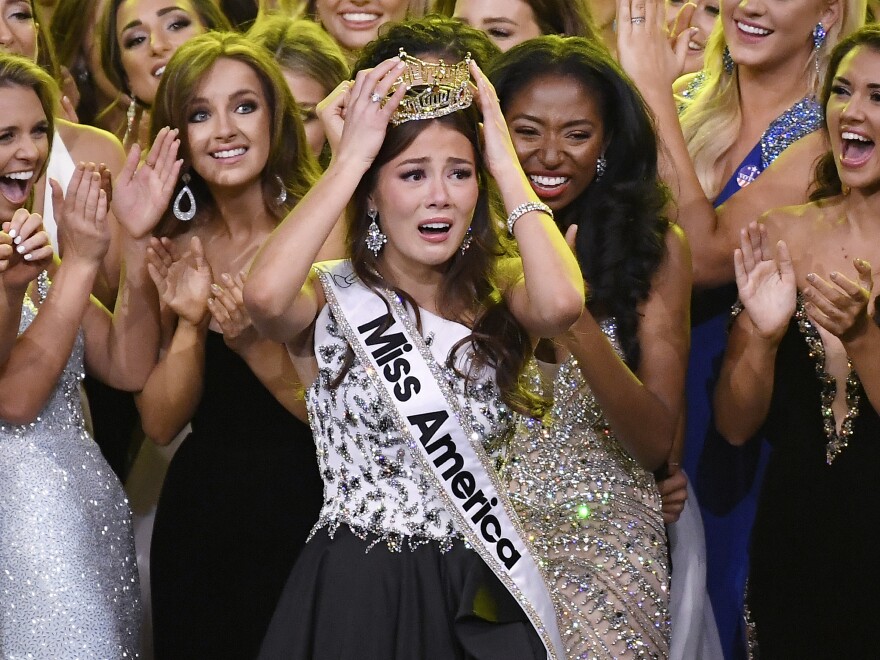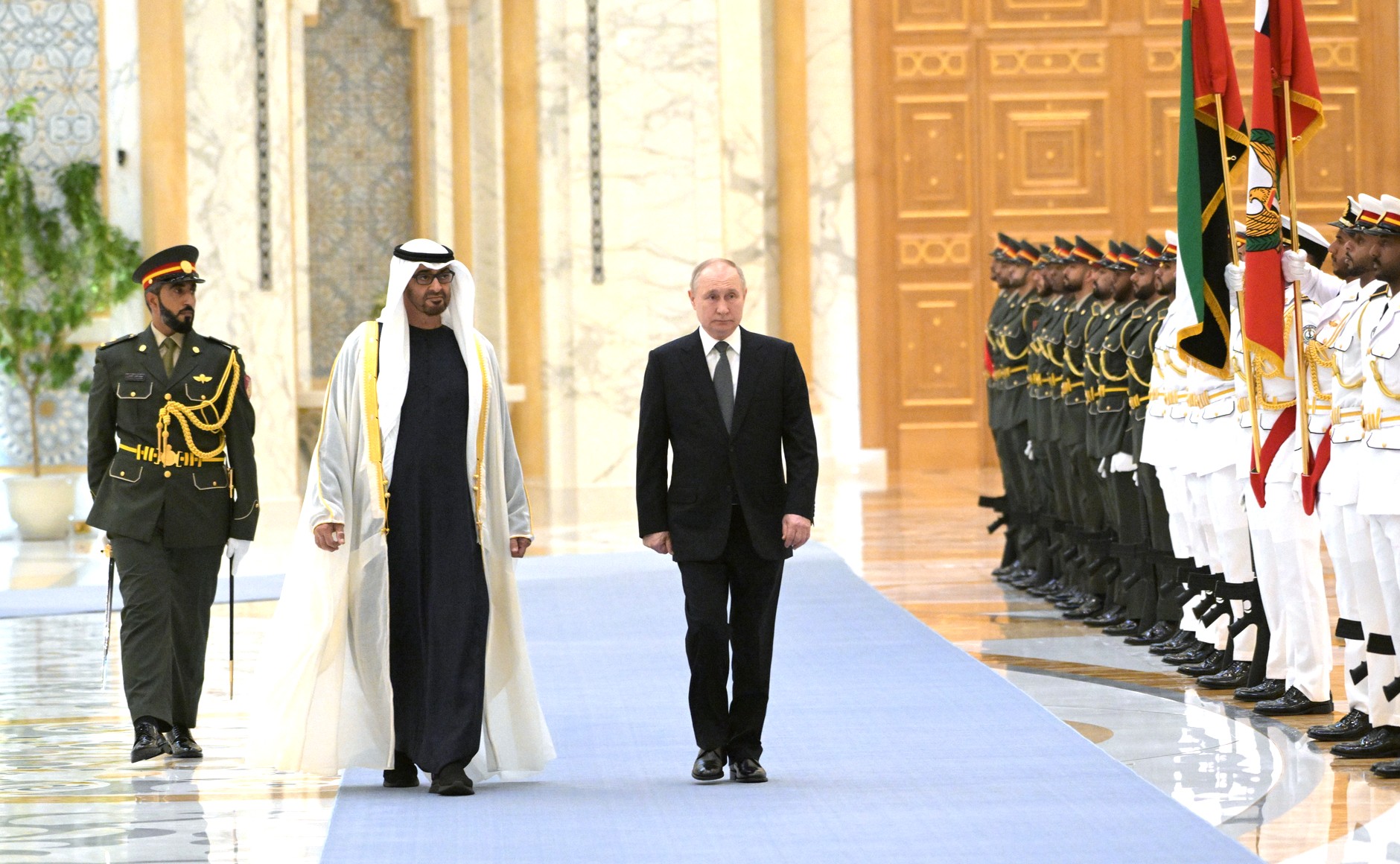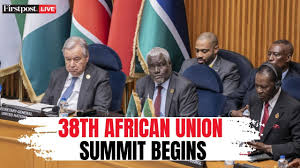
By Donald Molosi*
In recent years, beauty contests have gained significant popularity in Botswana, capturing the attention of many young women and the public alike.
Indeed, what a shame that capable young Batswana women spend years practicing how to totter in heels in a bikini?

Is there nothing better for a young Motswana today to dream of than to aspire to wear plastic hair on international television while being seductive to strangers?
This is a pressing matter affecting our youth and their grasp of gender and self-value.
While proponents argue that beauty contests provide opportunities for scholarships and career advancement for young women, it is essential to recognize that these benefits come at a cost.
Many contestants find themselves caught in a cycle where their worth is measured solely by their appearance rather than their intellect or character.
This focus on superficial qualities can hinder personal development and reinforce sexist, regressive and damaging societal norms. We must ban beauty contests.
When, recently, model Dabilo Moses courageously spoke of the exploitation of young women in the name of beauty pageantry, Batswana ignored her alarm.
Do Batswana understand how damaging these outdated colonial pageants are to a society? Do we comprehend that elevating beauty pageants is toxic to young girls and society?
Perhaps we love the fake crowns too much. Perhaps we haven’t understood what examples the next youth generation needs.
While these events may seem harmless, glamorous or even empowering at first glance, it is crucial to examine their deeper implications and potential consequences.
The truth is we have damaged a generation of young girls who cannot now see beyond dreaming of being sashed?
Are we not seeing the sexualization of children that is happening in Botswana in the name of beauty titles?
Are we blind to the sexual exploitation that often comes with a crown and a sash for so-called queens? Perhaps we don’t care what beauty contests say, in a misogynistic way, about gender and youth.
As we move into 2025, I urge my fellow citizens to critically assess the impact of beauty contests on our society, particularly in relation to issues such as gender-based violence and self-esteem among young women.
I wonder how many of us Batswana want our daughters to waste years dreaming of being crowned “beautiful” for parading in underwear for the world’s strangers?
If my daughter aspired to be a beauty queen in 2025, I would burn the hair off my balding head!
Is a 60-second word salad in full make-up really capable of showing anyone’s intelligence? I laugh again. I wonder how many of us genuinely wish to see the capable women and girls in our lives semi-naked and walking unnaturally for attention.
This is almost a sexual fetish, no? Perhaps next time we can discuss the difference between models and beauty queens.
Shaking breasts and buttocks for international attention while boldly bearing the country’s name in a sash seems to be the dream of the day. That, in my opinion, does damage to the little girls watching and their sense of self.
The whole thing is a toxic parody. We pretend that it shows athletic ability, speaking ability and beauty. Does it? Our obsession with beauty contests makes us the laughing stock of the world!
Beauty contests have a long history, often rooted in patriarchal ideals that prioritize physical appearance over other attributes.
In many cultures, including ours in Botswana, these events can perpetuate narrow definitions of beauty that exclude a vast majority of women.
Imagine what these shows do to a little girl trying to enjoy primary school. At that age, how do you explain to her that she is not ugly simply because she does not have an oval face?
Too many studies have shown that participation in beauty pageants can lead to increased body dissatisfaction among contestants and viewers alike.
This dissatisfaction can manifest in various harmful ways, including eating disorders and mental health issues. But does anyone in Botswana care? It does not seem so. The so-called glamour, for now, is too seductive to us Batswana.
In countries where such beauty competitions are prevalent, there have been alarming reports linking them to increased instances of exploitation and abuse.
Botswana is a hub for sex trafficking but we seem to see no correlation between that and the popularity of glamorized sex work spawned within the world of pageantry.
In pageants targeting teens and younger, young contestants are subjected to intense pressure to conform to unrealistic standards of beauty and behaviour.
Calling it “etiquette” or “boot camp” does not wash the stain of regression or the stench of woman commodification.
This pressure to be a certain way can lead not only to psychological distress but also to situations where young women are exploited by those who control these events. Do we as Batswan care though?
In Botswana specifically, we must consider how these contests might intersect with existing societal issues such as gender-based violence.
According to reports from organizations like Gender Links, Botswana has seen a troubling rise in gender-based violence cases over the past decade.
The glorification of certain beauty ideals through pageants may inadvertently contribute to this issue by reinforcing harmful stereotypes about women’s roles in society.
Pageants thingify women and society always readily takes that cue. Does it then surprise you that a society like ours that beheads women loves to watch women parading as smiling and seemingly-mindless trophies? Please connect the dots, reader.
Moreover, the competitive nature of these contests can foster an environment where young women feel pitted against one another rather than united in sisterhood.
Instead of celebrating diversity and individuality, beauty pageants often promote a singular standard that many cannot achieve.
This reality can lead to feelings of inadequacy among those who do not fit this mould. Again, for young Batswana to have lifelong dreams of walking these platforms shows that we have failed young Batswana.
As we navigate 2025 and beyond, it is imperative for us as a society to engage in critical reflection regarding the role of beauty contests in our culture.
We must ask ourselves whether these events truly empower women or simply perpetuate outdated notions of femininity that ultimately harm them.
While beauty contests may continue to attract attention and participation within Botswana’s cultural landscape, it is vital for us to approach them with caution and critical awareness.
For the sake of young Batswana, we must strive towards fostering an inclusive society that values diversity over conformity—a society where every individual feels empowered regardless of their appearance.
- Donald Molosi is a retired Broadway actor and author of “Blue, Black and White” and “Dear Upright African.” He writes from Mahalapy.*









